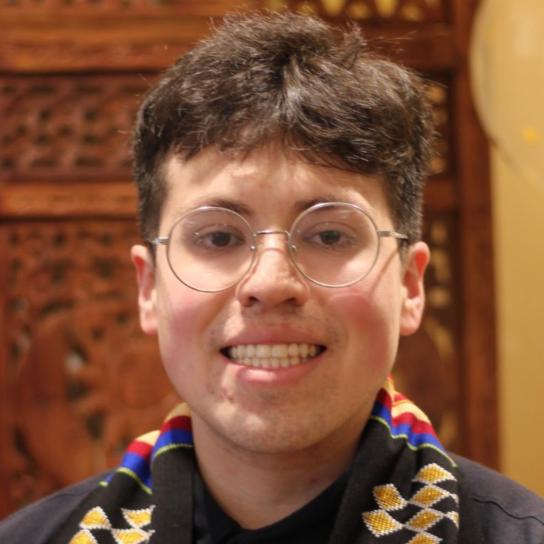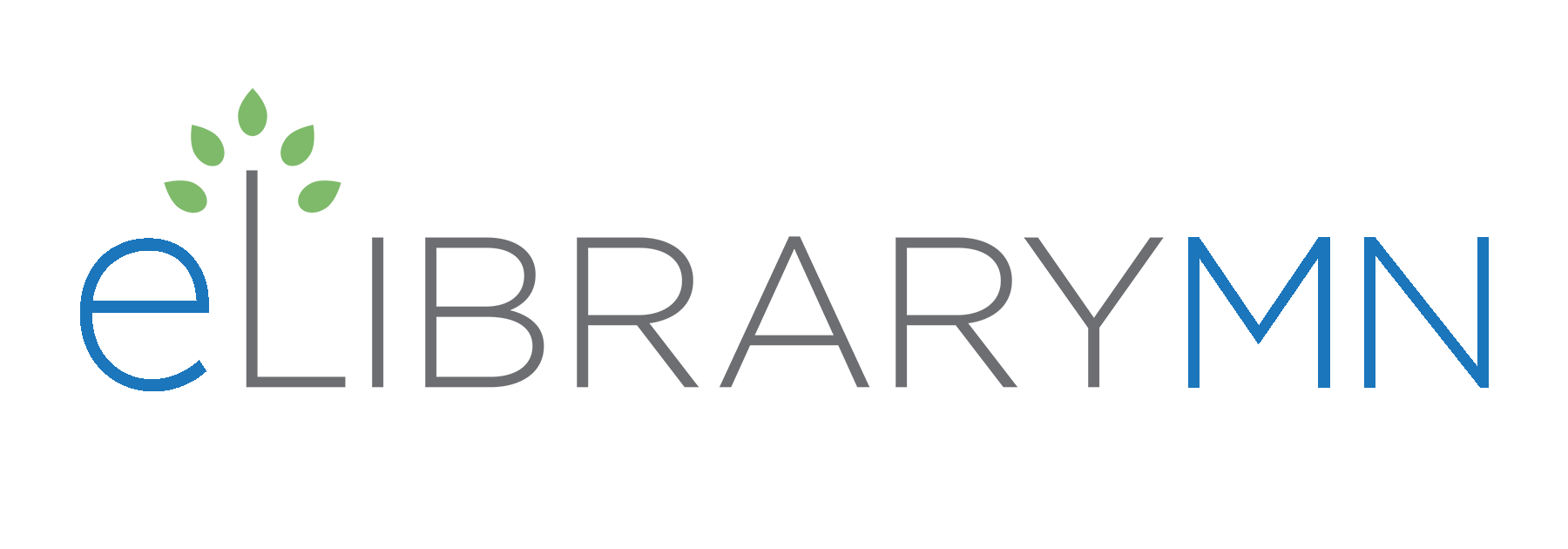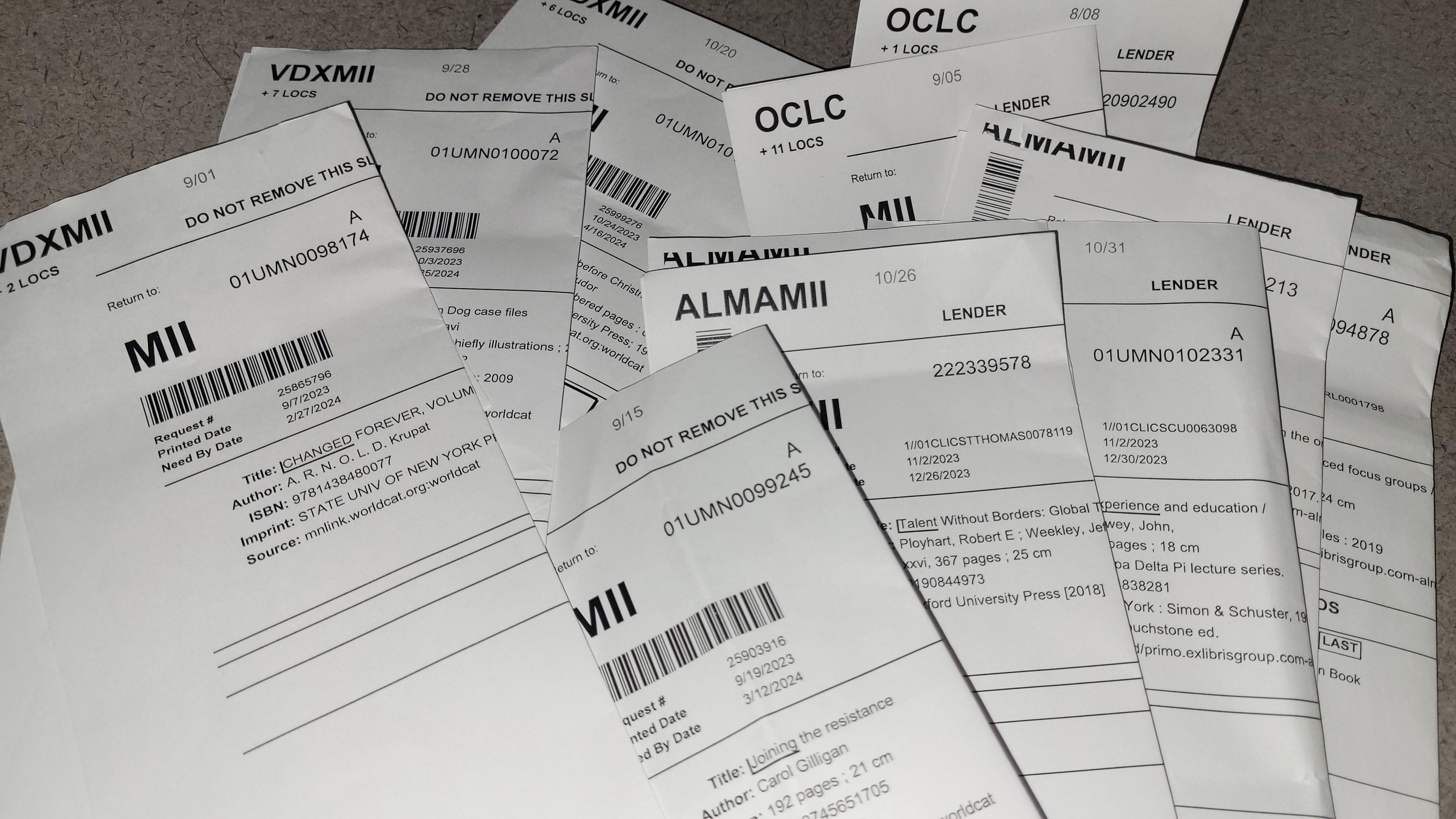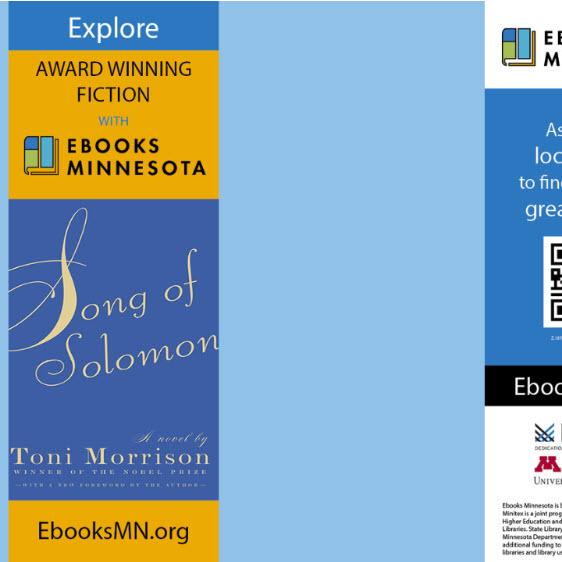Quick Summary
Using eLibrary Minnesota, let’s delve into Thanksgiving's rich history and evolution, from the experience of the Wampanoag to the holiday’s emphasis on unity, gratitude, and the pursuit of a better life.
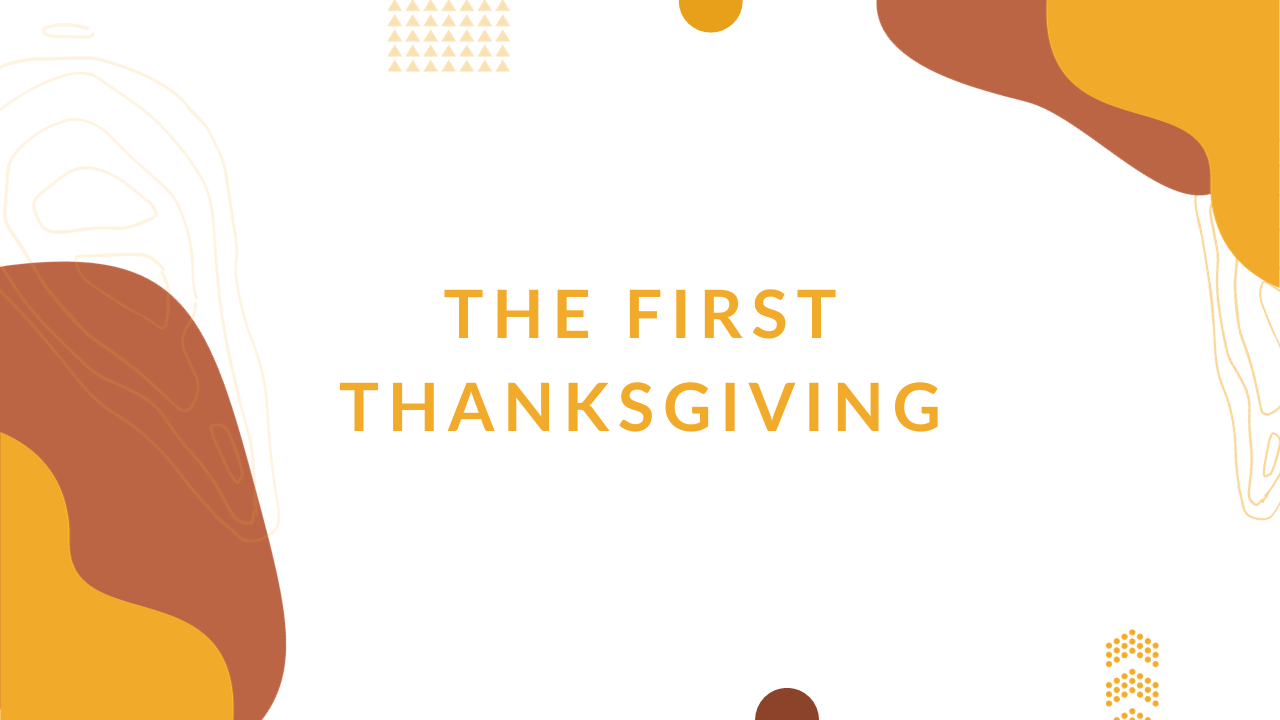
We often learn that Thanksgiving is a celebration of the unity between early settlers and pilgrims and the indigenous Wampanoag people, as demonstrated by a feast they held together, consisting of various foods native to the region. Thanksgiving is indeed a great time to reflect and to give thanks. As we approach Thanksgiving, it is also a good idea to look more deeply into its history, and how it has changed over the years.
Thanksgiving means different things for different communities. The Wampanoag perspective is particularly important. “400 Years After the 'First Thanksgiving,' the Tribe That Fed the Pilgrims Continues to Fight for Its Land Amid Another Epidemic,” by Olivia Waxman, explores the efforts of Paula Peters, a Wampanoag tribe member, to integrate her community’s experience into the holiday. Yes, the first Thanksgiving was a cultural exchange and a moment of unity for the colonists and the Wampanoag people. But such cultural exchanges also introduced diseases that took a devastating toll on Native Americans. As a result, for some, Thanksgiving serves as a day of remembrance. To learn more about this perspective, check out the full article on eLibrary Minnesota.
As the United States has become more diverse, so have our reasons for giving thanks. In “The Making of the Domestic Occasion: The History of Thanksgiving in the United States,” by Elizabeth Pleck, we learn about the origins of Thanksgiving and how it has evolved. Initially a regional holiday celebrated primarily in New England, it was promoted as a national holiday in 1863 to ease Civil War tensions and to promote the importance of gratitude. Thanksgiving encouraged pride in American values, domesticity, and emphasized unity and nationalism. As immigration increased from the mid 1800s through the early 1900s, a new aspect emerged, celebrating the abundance of opportunity and the better life pursued by immigrants today and centuries ago by the Pilgrims.
Thanksgiving has changed as diverse communities have molded it to their values and aspirations. This year, as we express our gratitude, surrounded by family, we acknowledge the Wampanoag, for whom this holiday represents cultural exchange and unity, but also carries a legacy of harm. Thanksgiving will continue to evolve, reflecting the pursuit of a better life and the ever-changing and expanding cultural traditions and identities Americans hold dear.
